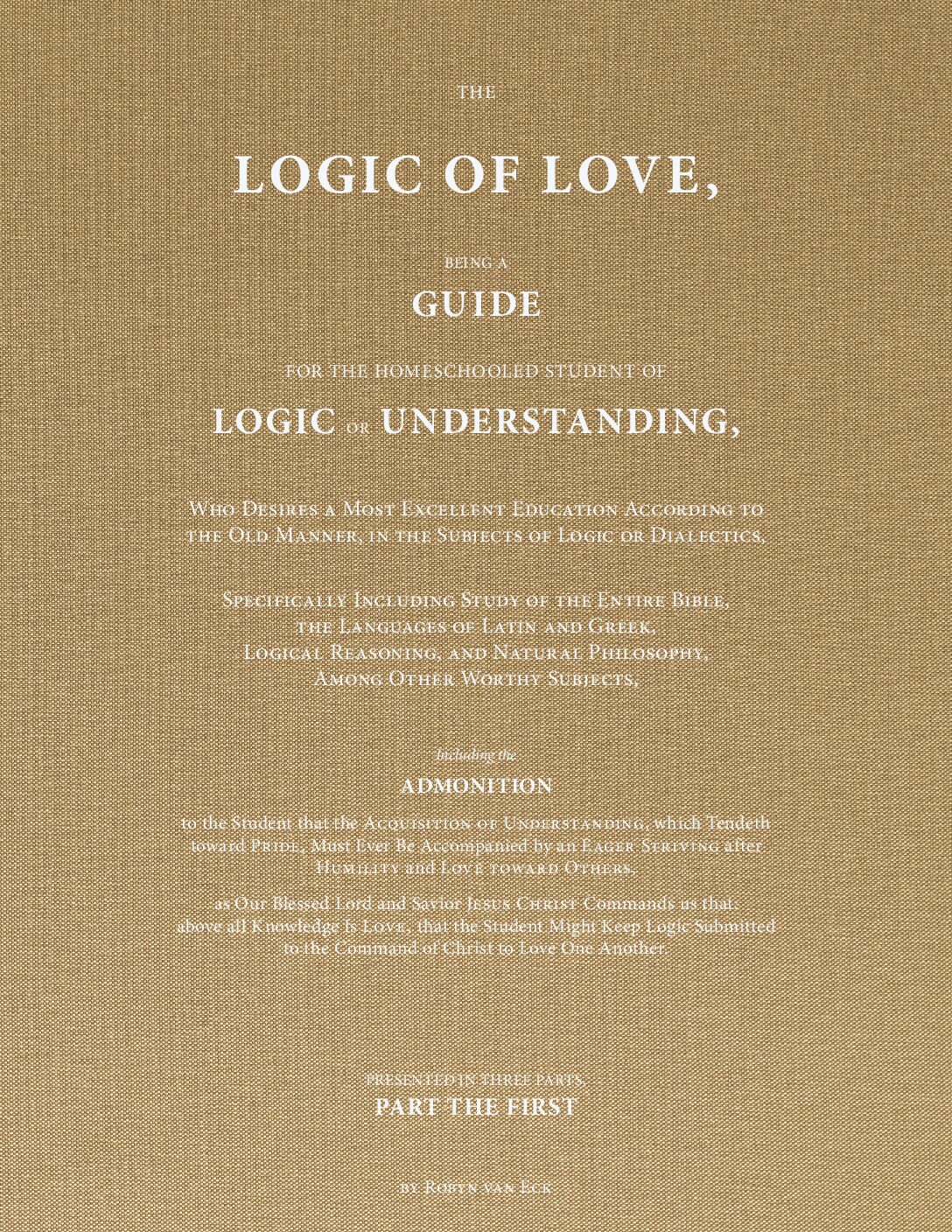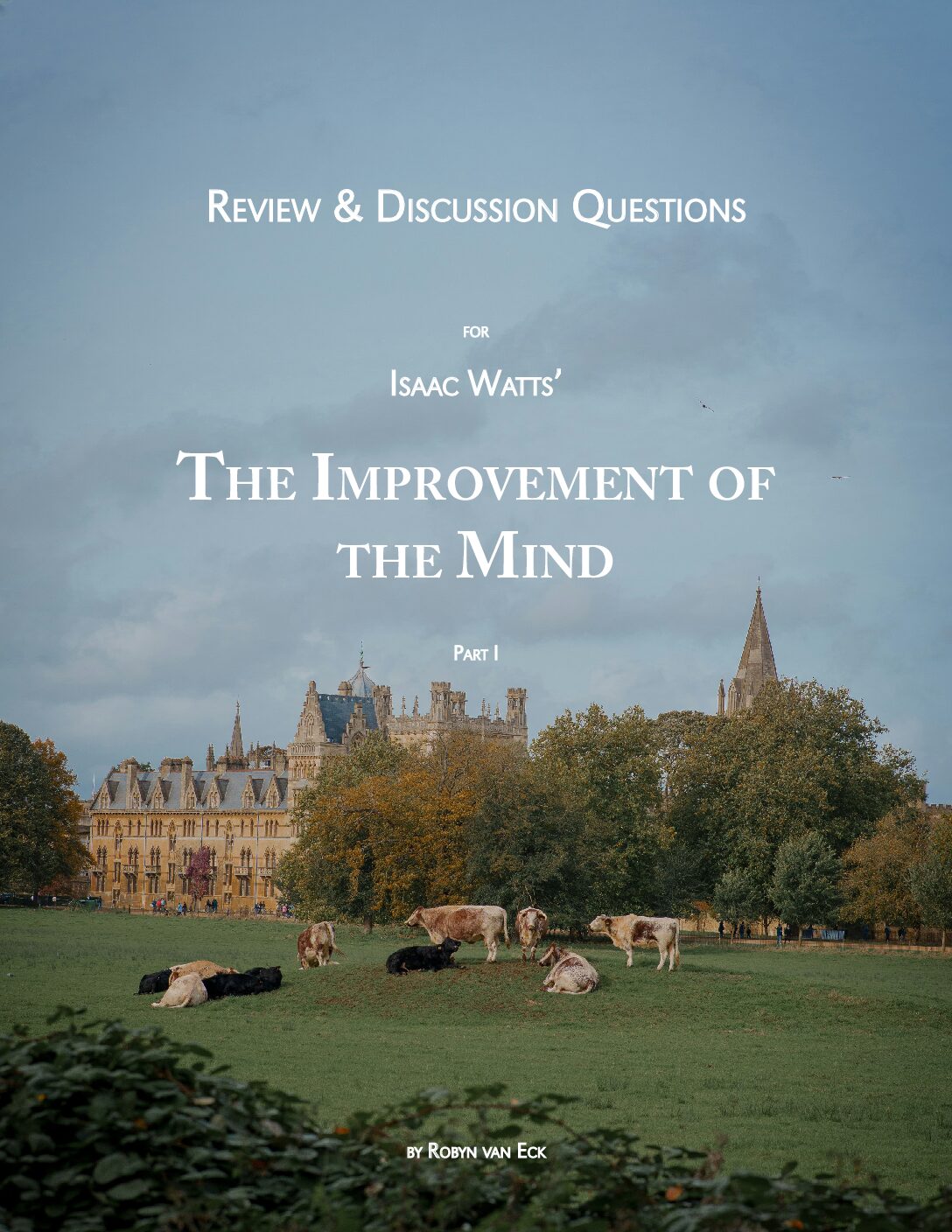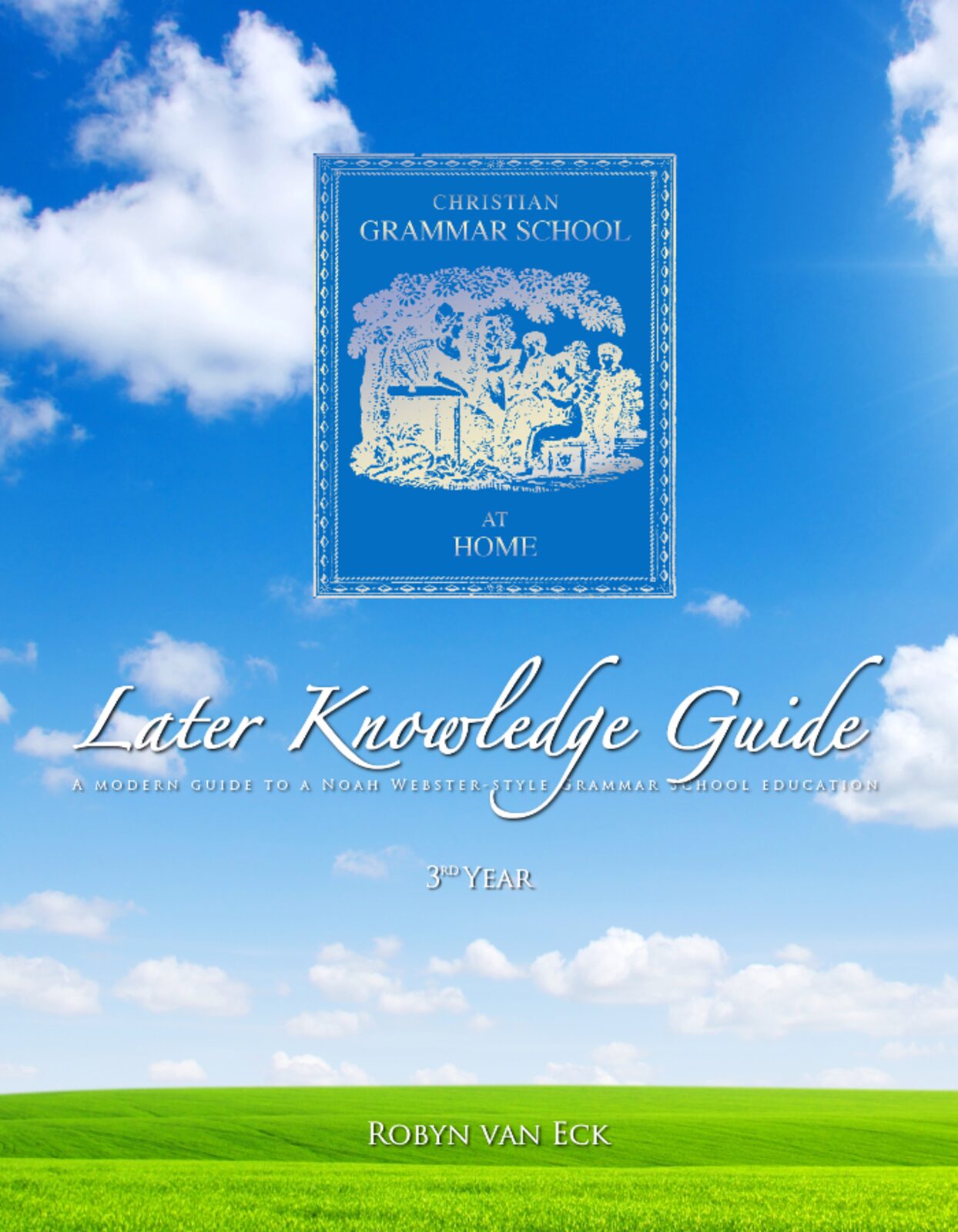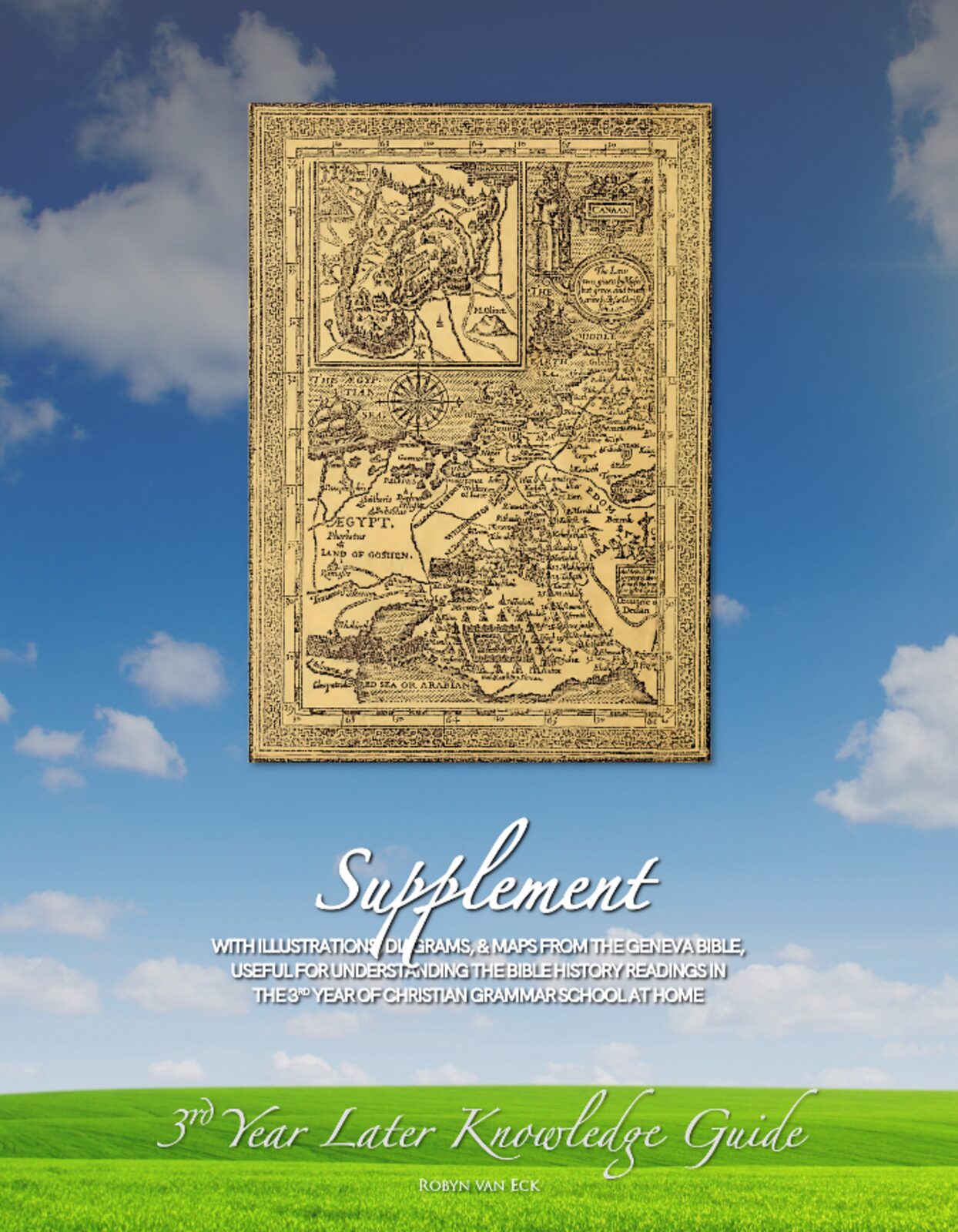Photo by David Holifield on Unsplash
As usual, C.S. Lewis’ words speak just as well to our generation as they did to his own.
So I’m reading Lewis’ A Preface to Paradise Lost, to prepare for my daughter’s Wisdom studies this year, and Lewis brings in Beowulf and Epic poetry and the feasting halls of old, as part of teaching us to understand Paradise Lost properly. And in the midst of all of the literary talk, he brings up a point I thought wonderfully applicable and helpful for our lives today. He starts by talking about this word that sounds a whole like solemn, but is not quite solemn. He tells us that we should really understand:
…the meaning of the Middle English word solempne. This means something different, but not quite different, from modern English solemn.
Like solemn it implies the opposite of what is familiar, free and easy, or ordinary. But unlike solemn it does not suggest gloom, oppression, or austerity.
The ball in the first act of Romeo and Juliet was a “solemnity”. The feast at the beginning of Gawain and the Green Knight is very much of a solemnity. A great mass by Mozart of Beethoven is as much a solemnity in its hilarious gloria as in its poignant crucifixus est.
Feasts are, in this sense, more solemn than fasts. Easter is solempne, Good Friday is not. The Solempne is the festal which is also the stately and the ceremonial, the proper occasion for pomp—and the very fact that pompous is now used only in a bad sense measures the degree to which we have lost the old idea of “solemnity”.
To recover it you must think of a court ball, or a coronation, or a victory march, as these things appear to people who enjoy them; in an age when every one puts on his oldest clothes to be happy in, you must re-awake the simpler state of mind in which people put on gold and scarlet to be happy in.
Above all, you must be rid of the hideous idea, fruit of a widespread inferiority complex, that pomp, on the proper occasions, has any connexion with vanity or self-conceit. A celebrant approaching the altar, a princess led out by a king to dance a minuet, a general officer on a ceremonial parade, a major-domo preceding the boar’s head at a Christmas feast—all these wear unusual clothes and move with calculated dignity. This does not mean that they are vain, but that they are obedient; they are obeying the hoc age [“do this”] which presides over every solemnity.
The modern habit of doing ceremonial things unceremoniously is no proof of humility; rather it proves the offender’s inability to forget himself in the rite, and his readiness to spoil for every one else the proper pleasure of ritual.
How true! Our modern society rejects tradition because we are self-absorbed. Honor for ceremony shows honor for our ancestors, honor for others in attendance, and even honor for those who will come behind us—as we preserve Something of Great Value and hand it over, unmolested, to the generations to come.
My first thought was of cake smashing. The tradition handed down to us is that the newly-married bride and groom feed each other a bite of the wedding cake, symbolizing their commitment to nurture one another henceforth. But in the last few decades, brides and grooms have decided, rather, to mock that tradition, and instead smash the cake in each other’s faces (symbolizing that, rather than hold the other in high honor, they think the other a fit subject for public ridicule…!). I know a lot of our beloved friends have “cake-smashed”, and we still love them. But Lewis’ words awaken in me the desire for Beauty, Honor, Loyalty, Duty, Ceremony.
What about you? Are there any examples of solempne that you think we should reclaim from our ancestors?
Thanks for dropping by; please keep us in prayer!
Recommended Resources
-

The Logic of Love: Understanding 1
$45.00 – $60.00 Select options This product has multiple variants. The options may be chosen on the product page -

Review & Discussion Questions for Isaac Watts’ Improvement of the Mind
$24.00 – $32.00 Select options This product has multiple variants. The options may be chosen on the product page



